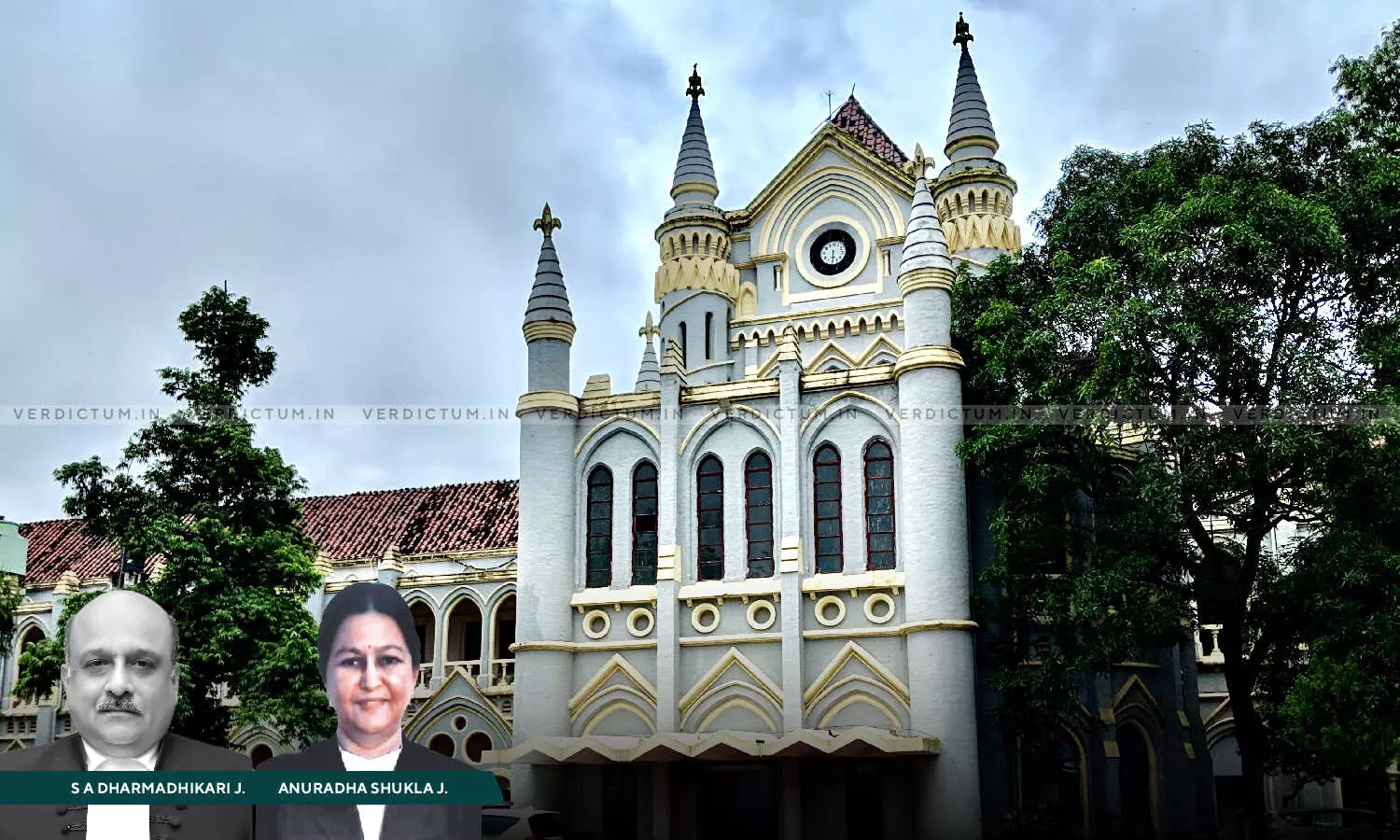
Appointing Authority Has Discretion Whether To Employ Individuals With Moral Turpitude Offenses Even After Acquittal: Madhya Pradesh HC
 |
|The Madhya Pradesh High Court affirmed that the appointing authority possesses "entire discretion" in deciding whether to employ individuals involved in offenses related to moral turpitude, even if those individuals have been acquitted.
The Court clarified that an acquittal does not automatically qualify a person for employment in such cases.
In the matter at hand, the petitioner, who had previously been employed as a Casual Labourer in 1982 and later promoted to Technician Grade-II at a university, had been prosecuted under Section 307 of the Indian Penal Code (attempted murder). In 2000, he was convicted and sentenced to three years of rigorous imprisonment, resulting in his dismissal from service under Rule 9 of the Madhya Pradesh Civil Rules (Classification, Control and Appeal) Rules, 1965.
Following his conviction, the petitioner challenged the Sessions Court's verdict in the High Court, which dismissed his appeal. He then approached the Supreme Court, which upheld the conviction but reduced the sentence to the time already served. Subsequently, the petitioner contested his dismissal from service before the High Court, arguing that the principle of natural justice had not been adhered to.
The High Court initially quashed the dismissal order, instructing the disciplinary authority to provide the petitioner with a reasonable opportunity for a hearing and to issue a reasoned decision in line with legal requirements. The Court also noted that while punishment under Rule 9 could include lesser penalties than dismissal, the disciplinary authority ultimately upheld the dismissal after a full hearing.
In April 2023, the disciplinary authority reaffirmed the dismissal, prompting the petitioner to file the current appeal.
A Division Bench of Justice Sushrut Arvind Dharmadhikari and Justice Anuradha Shukla said, "this Court can very well conclude that it is the entire discretion of the appointing authority to appoint or not to appoint a person who is involved in an offence involving moral turpitude even if that person is acquitted giving him benefit of doubt etc., it would not automatically entitled him for the employment. The disciplinary authority having exercised its jurisdiction in accordance with law and after giving full opportunity of hearing to the petitioner, it cannot be said that he has committed any mistake in rejecting the candidature of the petitioner"
They noted that the authority had afforded the petitioner a reasonable hearing and had issued a reasoned order consistent with the Supreme Court's guidelines, particularly referencing the case of Avatar Singh vs. Union of India & Ors. (2016).
The Court added, “On perusal of the impugned order dated 17.04.2023, it can be very well seen that the respondent authorities have granted reasonable opportunity of hearing to the petitioner and thereafter, passed a reasoned and speaking order following directions contained in Avatar Singh (supra) case and also gave reasons for not reinstating the petitioner and have rejected the prayer for imposition of lesser penalty other than termination/dismissal/removal,"
Senior Advocate June Choudhari appeared for the Petitioners and Advocate Siddharth Singh Chouhan appeared for the Respondents.
Additionally, the Court referenced the Supreme Court's 2013 ruling in Commissioner of Police, New Delhi vs. Mehar Singh, which affirmed that appointing authorities could exclude individuals involved in severe moral turpitude cases from employment, even in instances of acquittal, especially when the acquittal was on technical grounds or not deemed honorable.
Ultimately, the High Court declined to interfere with the disciplinary authority's decision and dismissed the petitioner’s plea.
Cause Title: Rajendra Prasad Chourey (dead) through LRs & Ors. v. Union of India & Ors., [2024:MPHC-JBP:50959]
Appearance:
Petitioners: Senior Advocate June Choudhari and Advocate Shikhar Jat